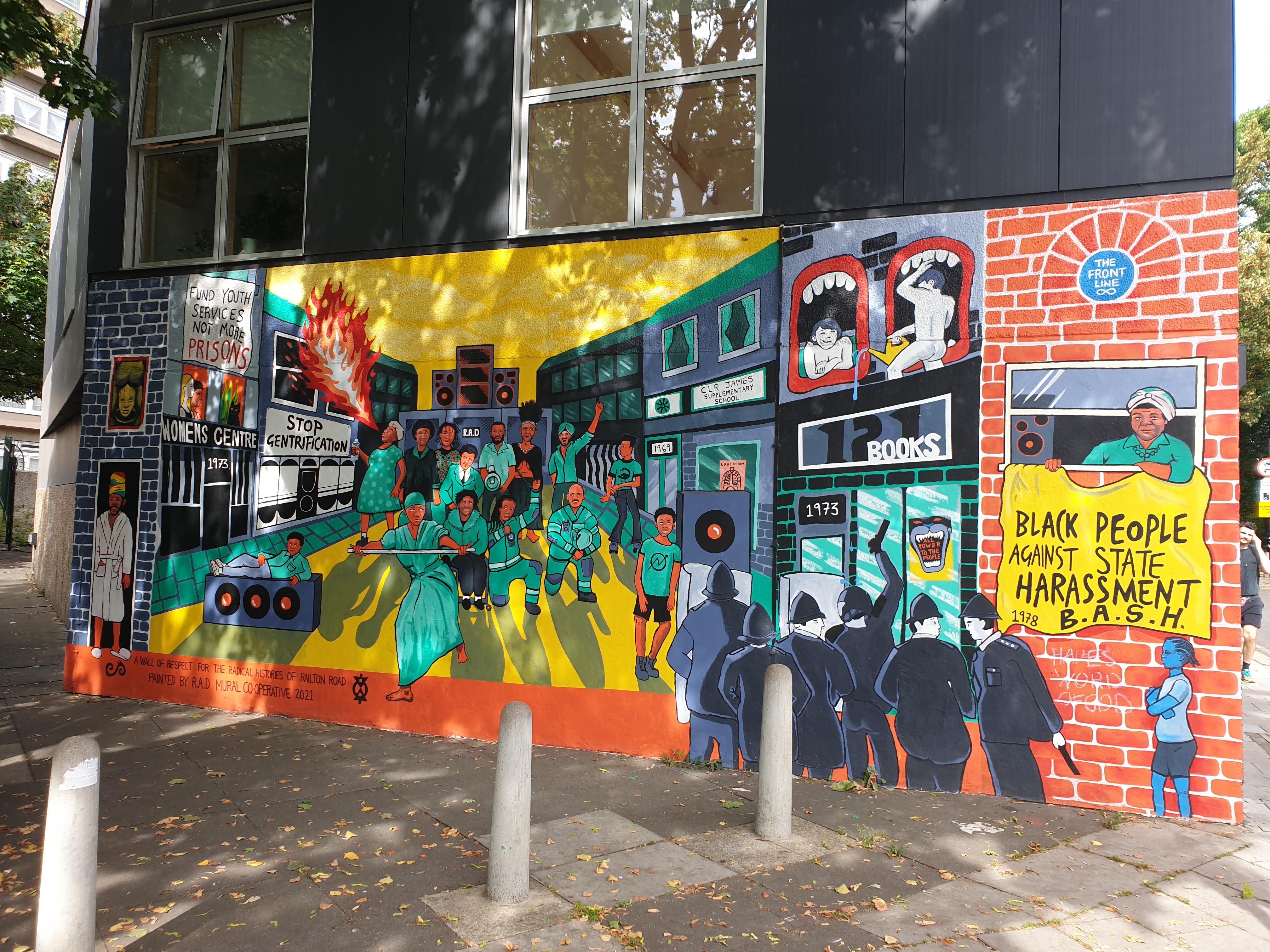
The course examines the relationships between urban space and different forms of violence. Cities are often depicted as inherently, even naturally, violent spaces such that the urban condition is understood to generate, reproduce and transform violence, while for many people the urban experience is framed by living with possibilities of violence and the effectiveness of security measures. The course will analyze four main claims. First, the case for understanding violences as plural socio-spatial processes that produce urban spaces. Second, the case for urban processes such as planning, infrastructure interventions, and segregation producing violences. Third, the case for understanding how people’s everyday lives are framed by violences and policy responses, and how these affect their relations with cities. Fourth, the case for cities as spaces for innovations in violence management and reduction. Students will be introduced to an interdisciplinary range of literatures plus materials from think-tanks, film, and journalism, and if possible, engagement with civil society and policy-makers. The course aims to challenge the dominance of US and European focused research to understandings and policy prescriptions to violences in cities and draw from perspectives relevant to the Global South.
